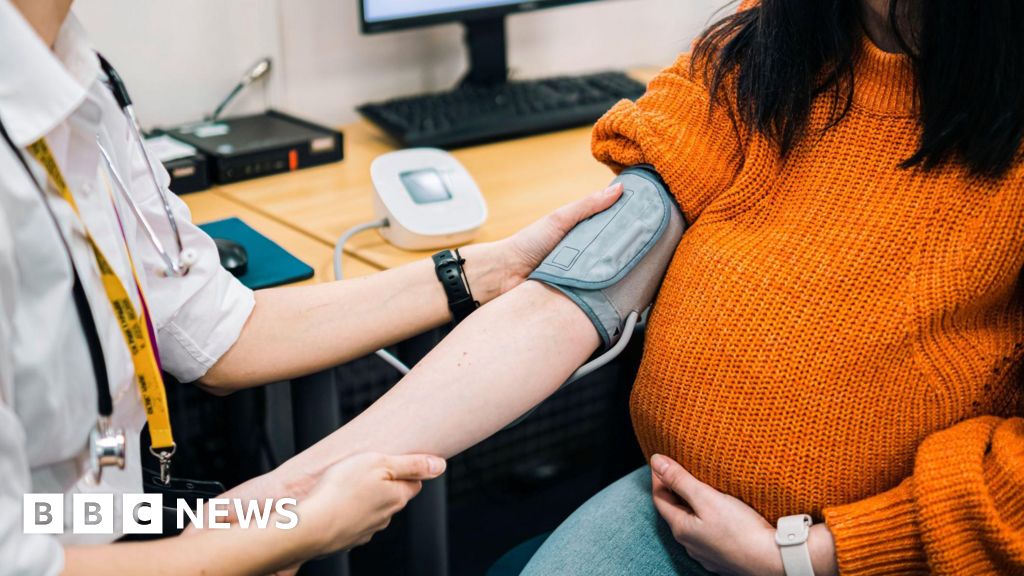Study: New womb test offers hope to women with recurrent miscarriages - TheCable Lifestyle
The research was led by scientists at the University of Warwick and the University Hospitals Coventry and Warwickshire NHS trust
The study showed how disruptions in the womb lining’s preparation for pregnancy can create unstable conditions that increase miscarriage risk even when the embryo is healthy.
Published in Science Advances, the researchers analysed over 1,500 womb biopsies from more than 1,300 women.
The findings revealed that in many cases, a process called the “decidual reaction”, which transforms the womb lining (endometrium) into a nurturing environment for an embryo, either fails to activate properly or becomes dysregulated.
The scientists found that this creates conditions that can allow implantation but lead to bleeding and early pregnancy loss.
Joanne Muter, lead author, said this is about “identifying preventable miscarriages”.
“Many women are told they’ve just had ‘bad luck’, but our findings show that the womb itself may be setting the stage for pregnancy loss, even before conception takes place,” Muter added.
The researchers found that this abnormal womb response is not random. The dysfunction recurs across menstrual cycles, suggesting a measurable and consistent risk factor.
The likelihood of experiencing a faulty decidual reaction also increases after each miscarriage, providing a new explanation for why pregnancy loss often recurs.
Jan Brosens, co-author and scientific director of Tommy’s National Miscarriage Research Centre, said: “It is well-established that chromosomal errors in embryos account for higher miscarriage rates in women over 35”.
“What this study shows is that miscarriage itself can cause changes in the womb that increase the risk of future loss, regardless of age,” he said.
In response to the findings, the research team has developed a diagnostic test to screen for dysfunctional womb linings before pregnancy.
The test is currently being piloted at University Hospital in Coventry and has already been used for over 1,000 patients.
The study called for a shift in fertility diagnostics, which usually focuses on embryos, hormone levels, or genetics, but often overlook the womb.
The researchers said the findings could lead to more personalised care and emotional relief for families burdened by unexplained pregnancy loss.
Follow us on twitter











